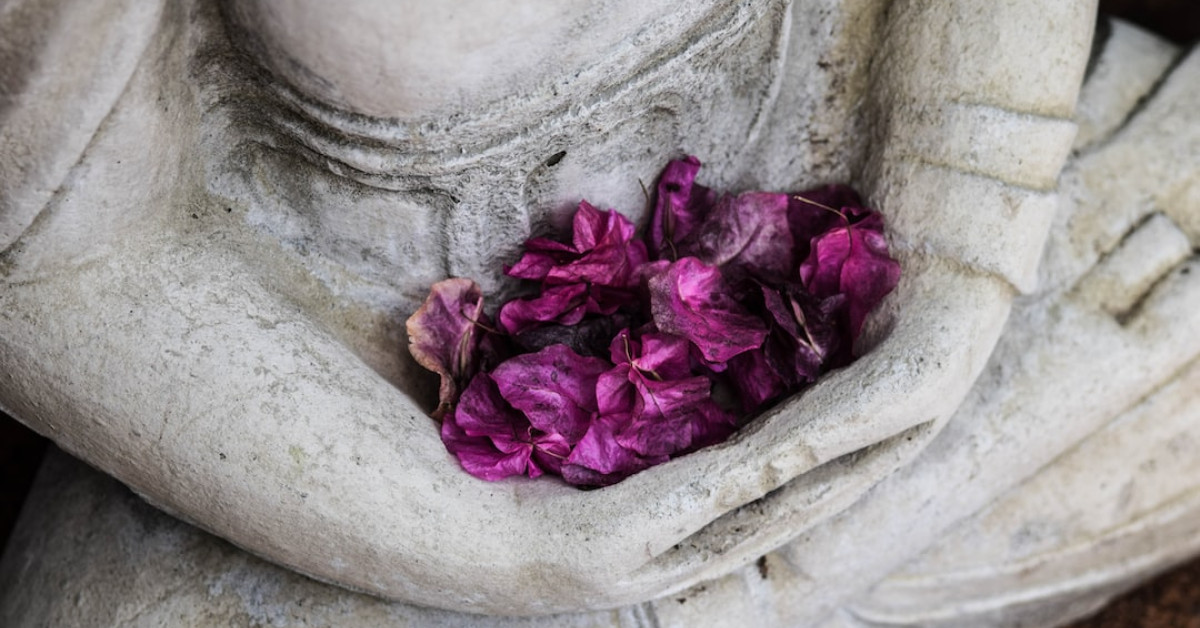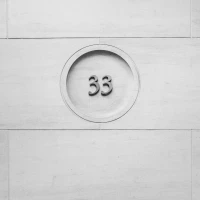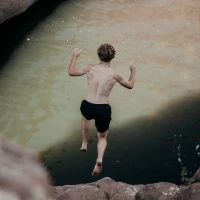Are you an experienced freediver looking to take your skills to the next level? Do you want to unlock the depths and enhance your mental focus and breath control? If so, incorporating meditation techniques into your training routine can greatly benefit your performance as a freediver.
In this article, we will explore six essential meditation techniques that can help you achieve advanced freediving skills. These techniques will not only improve your physical abilities but also enhance your mental clarity and focus. So, let’s dive in and discover how meditation can take your freediving to new depths.
The Benefits of Meditation for Freediving
Before we delve into the techniques, it’s important to understand why meditation is such a powerful tool for freedivers. By practicing meditation, you can: the bold and the beautiful fans
- Improve Mental Focus: Meditation helps you cultivate mindfulness, which allows you to stay present and focused while underwater. This can lead to better decision-making and overall performance during your dives.
- Enhance Breath Control: Through various meditation techniques, you can train your breath to become more efficient and controlled. This skill is essential for conserving oxygen and extending your dive time.
- Reduce Anxiety and Stress: Freediving can be an intense and potentially dangerous sport. Meditation helps you manage anxiety and stress, allowing you to approach your dives with a calm and clear mind.
- Increase Lung Capacity: Certain meditation practices involve deep breathing exercises that can expand your lung capacity over time. This can lead to improved oxygen intake and better overall diving performance.
Now that we understand the benefits of incorporating meditation into your freediving routine, let’s explore six essential techniques to help you unlock the depths.
1. Breath Awareness Meditation
Breath awareness meditation is a fundamental practice that can greatly benefit freedivers. This technique involves focusing your attention on your breath, observing its natural rhythm, and consciously deepening and slowing your breath.
To incorporate breath awareness meditation into your freediving training:
- Find a quiet and comfortable space to sit or lie down.
- Close your eyes and bring your attention to your breath.
- Observe the sensation of the breath entering and leaving your body, without trying to control it.
- Slowly deepen your breath, inhaling deeply and exhaling fully.
- Practice this meditation for at least 10 to 15 minutes per day, gradually increasing the duration over time.
By practicing breath awareness meditation, you will develop a greater sense of control over your breath and enhance your ability to hold it for extended periods while diving.
2. Visualization Meditation
Visualization is a powerful tool for freedivers, as it allows you to mentally rehearse your dives, explore new depths, and overcome any fears or limitations. Visualization meditation involves creating vivid mental images of your diving experiences and visualizing yourself achieving your goals.
To practice visualization meditation:
- Find a quiet and comfortable space.
- Close your eyes and relax your body.
- Visualize yourself in your desired diving environment, whether it’s a clear tropical ocean or a freshwater cave.
- Imagine the details of your dive, including the sights, sounds, and sensations you would experience.
- Visualize yourself performing your dives with precision and ease, effortlessly gliding through the water.
- Engage all your senses and focus on the positive emotions associated with successful dives.
- Practice this meditation regularly, ideally before your actual dives, to reinforce positive mental patterns and boost your confidence.
Visualization meditation can help you overcome mental barriers and improve your overall diving performance by creating a mental blueprint for success.
3. Progressive Muscle Relaxation
Progressive muscle relaxation is a technique that involves systematically tensing and then relaxing different muscle groups in the body. This practice helps release tension and promotes overall relaxation, which can be beneficial for freedivers before and after dives.
To practice progressive muscle relaxation:
- Find a comfortable seated or lying-down position.
- Close your eyes and take a few deep breaths to center yourself.
- Starting from your toes, tense the muscles in that area for a few seconds, then release and relax them completely.
- Gradually move upward through your body, tensing and releasing each muscle group, including your calves, thighs, abdomen, shoulders, arms, and face.
- As you release the tension, focus on the sensations of relaxation and let go of any lingering tension or stress.
Incorporating progressive muscle relaxation into your freediving routine can help you enter a state of deep relaxation, which is essential for conserving energy and reducing the risk of muscle cramps during dives.
4. Mantra Meditation
Mantra meditation involves silently repeating a specific word or phrase, known as a mantra, to focus the mind and cultivate inner peace. This technique can be particularly helpful for freedivers who struggle with anxiety or have a busy and distracted mind.
To practice mantra meditation:
- Choose a simple and meaningful mantra that resonates with you. It could be a single word like “peace” or a phrase like “I am calm and focused.”
- Find a comfortable position and close your eyes.
- Begin repeating the mantra silently in your mind, allowing it to become your point of focus.
- If your mind wanders, gently bring your attention back to the mantra without judgment.
- Practice this meditation for at least 10 to 15 minutes per day, gradually increasing the duration as you become more comfortable.
Mantra meditation can help you quiet the internal chatter and achieve a state of deep calm and concentration, which is essential for successful freediving.
5. Mindfulness Meditation
Mindfulness meditation is a practice that involves non-judgmental awareness of the present moment. By cultivating mindfulness, freedivers can enhance their ability to stay focused, adapt to changing conditions, and approach dives with a clear and open mind.
To practice mindfulness meditation:
- Find a quiet and comfortable space to sit or lie down.
- Close your eyes and bring your attention to the present moment.
- Start by focusing on your breath, allowing it to anchor you in the present.
- Expand your awareness to include the sensations in your body, the sounds around you, and any thoughts or emotions that arise.
- Simply observe these experiences without judgment or trying to change them.
- Whenever you notice your mind wandering, gently redirect your attention to the present moment.
Incorporating mindfulness meditation into your freediving routine can help you develop greater self-awareness and mental clarity, allowing you to make conscious and intentional choices while underwater.
6. Loving-Kindness Meditation
Loving-kindness meditation, also known as metta meditation, is a practice that involves cultivating feelings of love, compassion, and goodwill towards oneself and others. This technique can help freedivers foster positive emotions, enhance relationships, and promote a sense of connectedness with the marine environment.
To practice loving-kindness meditation:
- Find a comfortable position and close your eyes.
- Begin by directing loving-kindness towards yourself by silently repeating phrases like, “May I be happy, may I be healthy, may I be safe.”
- Gradually extend these well-wishes to loved ones, friends, acquaintances, and eventually to all beings in the world.
- Allow the feelings of love and compassion to grow and expand with each repetition.
- Practice this meditation for at least 10 to 15 minutes per day, or longer if possible.
Loving-kindness meditation can cultivate a positive mindset and deepen your connection with the underwater world, promoting a sense of harmony and respect for the marine environment.
Conclusion
By incorporating these six essential meditation techniques into your freediving routine, you can unlock the depths and enhance your overall performance. From breath awareness and visualization to progressive muscle relaxation and mantra meditation, each technique offers unique benefits for freedivers.
Remember to practice these techniques consistently and gradually increase the duration and complexity of your meditation sessions. With time and dedication, you will notice improvements not only in your physical abilities but also in your mental focus, breath control, and overall well-being as a freediver.
So, dive in and explore the transformative power of meditation in unlocking the depths of your potential as an advanced freediver.










